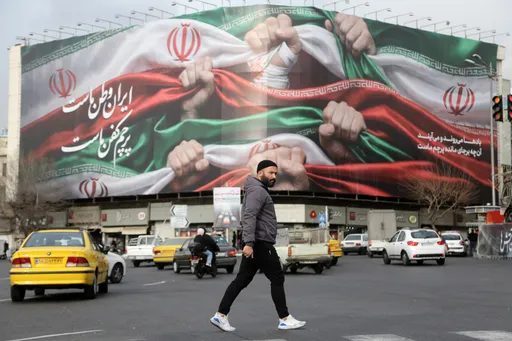The Democratic Republic of Congo will permanently ban cobalt exporters that violate its new quota system, President Felix Tshisekedi has warned, as the world's top producer tightens controls to curb fraud and stabilise prices.
The DRC, which accounts for about 70% of global cobalt output, halted exports in February after prices of the critical electric battery metal hit a nine-year low.
A quota system based on historical exports will replace an earlier export ban on October 16, Congo's state minerals regulator ARECOMS said in September.
Miners will be allowed to ship up to 18,125 metric tonnes of cobalt for the rest of 2025, with annual caps of 96,600 tonnes in 2026 and 2027.
According to minutes from Friday's cabinet meeting seen by Reuters at the weekend, Tshisekedi plans to apply "exemplary sanctions" including permanent exclusion from Congo's new cobalt regime to any violators of the system.
Only ARECOMS is authorised to issue and revoke cobalt export quotas, including decisions on allocations, said the minutes.

Export freeze
The cobalt export ban which was extended in June triggered force majeure declarations from Glencore and China's CMOC Group.
Glencore, the world's second-largest cobalt producer, supports the quota system while CMOC, the top producer, opposes it.
Tshisekedi said at Friday's meeting that the export freeze helped drive a 92% rebound in cobalt prices since March, calling the new system "a real lever to influence this strategic market" after years of "predatory strategies," according to the minutes.
The measure comes amid escalating conflict in mineral-rich eastern DRC, where thousands of civilians have been killed since the beginning of 2025, following a renewed offensive by the M23 rebel group.
A US-backed peace effort faced a new setback on Friday when DRC and Rwanda failed to sign an accord known as a Regional Economic Integration Framework, part of a plan to make the two countries' sectors more attractive to foreign investors.
























